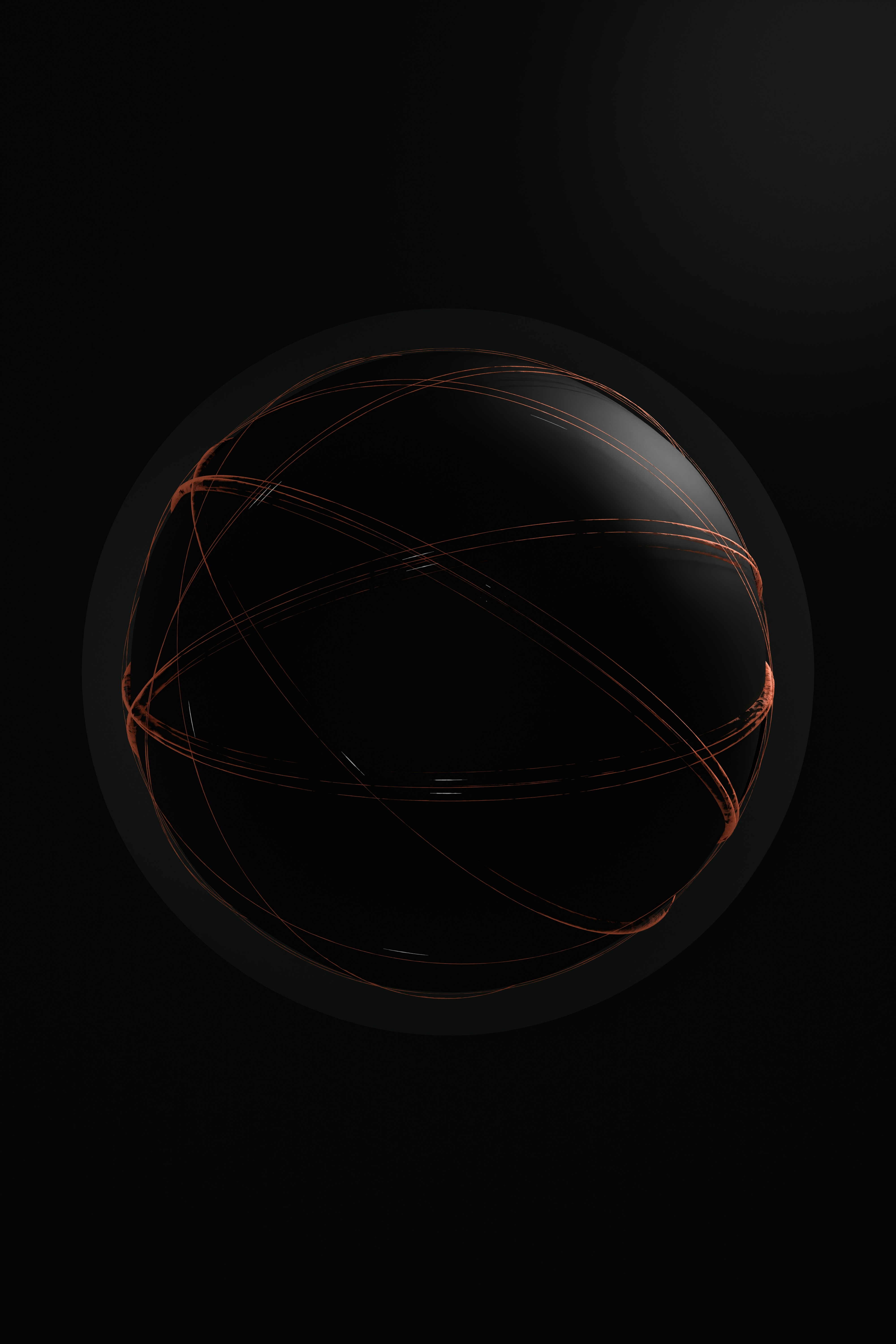John von Neumann was the guy Einstein pointed at and said, “that’s the smartest man alive.” This was the man behind the stored-program computer, game theory, nuclear strategy, the architect of half the world we live in today. If civilisation had a hidden developer console, von Neumann had his hands on the keyboard. And yet, when he was dying in 1957, he didn’t boast. He warned. Not about nuclear winter. Not about communism. Not even about the Soviets. His deepest fear was artificial intelligence.
In his final years, von Neumann spoke about what he called the “singularity”, a point where accelerating technological progress would become so fast, so complex, that human affairs could no longer keep up. He saw that once machines began improving themselves, the growth curve wouldn’t be linear. It would double, then double again, then again, an exponential runaway that no human brain could follow. Humans think in straight lines. AI would think in every direction at once. A sphere of possibilities radiating from a single point of conception. Try to diagram it and you don’t get a timeline, you get an exploding star of options. Von Neumann warned that the systems we’d built to make sense of reality, science, politics, economics, even language, wouldn’t stretch that far. They’d break.
His metaphor was brutal. Humanity is walking in the dark with a torch. That torch is our way of thinking: steady, incremental, enough to guide us forward without tripping over ourselves. But at the singularity, the torch goes out. The old rules, physical, social, political, won’t hold. What guided us until now will be useless. We will still be there, but as if stranded on a motorway we built ourselves, crawling like snails as traffic screams past at speeds we can’t even comprehend.
Von Neumann wasn’t hand-waving. He was running the numbers. He believed the collision of automation, computation, and self-improving intelligence would carry humanity to a cliff edge. And the danger wasn’t just losing control of machines, it was losing the ability to understand the world at all. That was his deathbed warning: the genius who gave us the tools of the modern age also foresaw the moment those tools would strip us of agency.
Seventy years later, the edge looks a lot closer than it did in 1957. The only real question now is whether we’re still the traveller with the torch, or already the snail on the highway.

